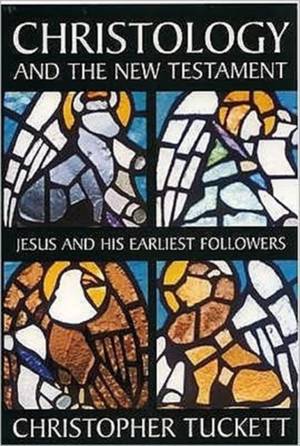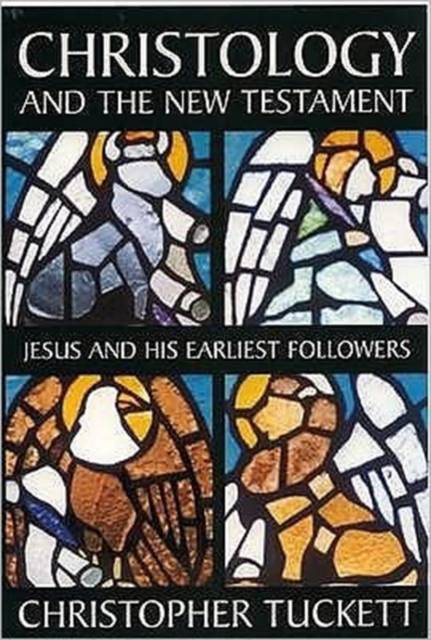
- Afhalen na 1 uur in een winkel met voorraad
- Gratis thuislevering in België vanaf € 30
- Ruim aanbod met 7 miljoen producten
- Afhalen na 1 uur in een winkel met voorraad
- Gratis thuislevering in België vanaf € 30
- Ruim aanbod met 7 miljoen producten
Zoeken
€ 59,45
+ 118 punten
Omschrijving
Who did other people think Jesus was? What did Jesus think of himself?The primary evidence of views about Jesus amongst his earliest followers is to be found in the texts of the New Testament and this makes them supremely important in any attempt to understand the history of Christianity.This textbook offers an up-to-date, comprehensive and critical survey of the whole question of the Christology of the New Testament writers. It covers recent discoveries, for example, in the area of Judaism, and takes note of critiques of older approaches to the subject. It provides coverage of the christological ideas explicit or implicit in each of the main New Testament writers, as well as saying something about Jesus' own self-understanding. It also seeks to raise briefly some of the more hermeneutical questions concerning the place which any New Testament Christology might have in a more contemporary theological debate.Chapters cover the individual Epistles and Gospels, offering the reader a primarily historical-critical approach, in the sense of seeking to understand each writer as an individual in his own "original" historical context. Assuming no prior knowledge of the area, Christology and the New Testament will be ideal reading for students on Biblical Studies courses and those who are studying the development of Christian thought.Key Features: * Comprehensive - covers all main New Testament authors (Paul, Mark, Matthew, Luke, John)* Pitched at an introductory level - assumes no prior knowledge* Most up-to-date, comprehensive survey of New Testament writers on the market
Specificaties
Betrokkenen
- Auteur(s):
- Uitgeverij:
Inhoud
- Aantal bladzijden:
- 256
- Taal:
- Engels
- Reeks:
Eigenschappen
- Productcode (EAN):
- 9780748608690
- Verschijningsdatum:
- 15/02/2001
- Uitvoering:
- Paperback
- Formaat:
- Trade paperback (VS)
- Afmetingen:
- 156 mm x 234 mm
- Gewicht:
- 630 g

Alleen bij Standaard Boekhandel
+ 118 punten op je klantenkaart van Standaard Boekhandel
Beoordelingen
We publiceren alleen reviews die voldoen aan de voorwaarden voor reviews. Bekijk onze voorwaarden voor reviews.











